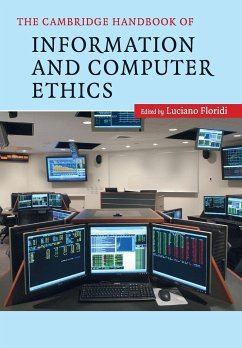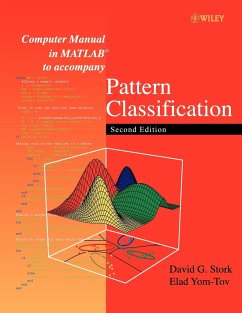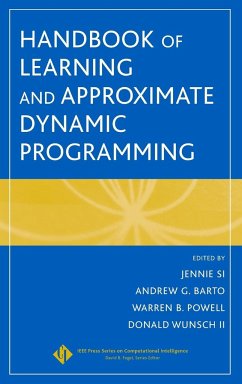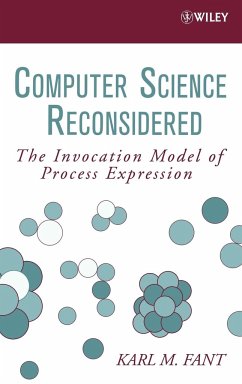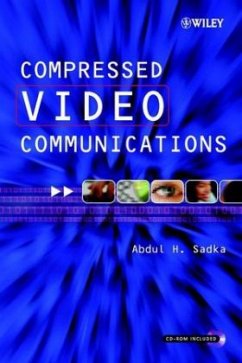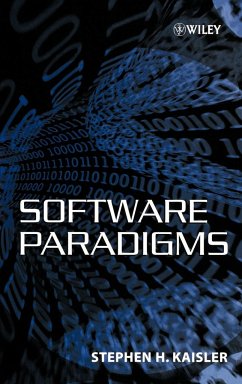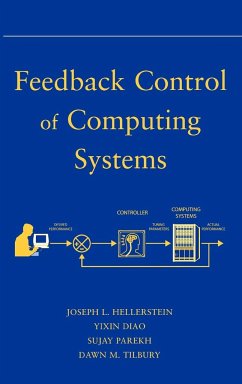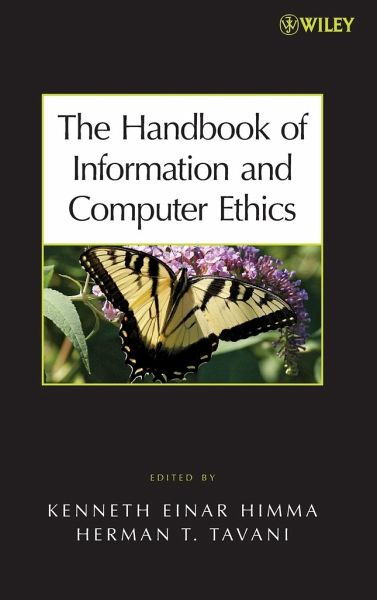
The Handbook of Information and Computer Ethics

PAYBACK Punkte
90 °P sammeln!
Discover how developments in information technology are raising new ethical debatesInformation and computer ethics has emerged as an important area of philosophical and social theorizing, combining conceptual, meta-ethical, normative, and applied elements. As a result, academic interest in this area has increased dramatically, particularly in computer science, philosophy, and communications departments; business schools; information and library schools; and law schools.The Handbook of Information and Computer Ethics responds to this growing interest with twenty-seven chapters that address both...
Discover how developments in information technology are raising new ethical debates
Information and computer ethics has emerged as an important area of philosophical and social theorizing, combining conceptual, meta-ethical, normative, and applied elements. As a result, academic interest in this area has increased dramatically, particularly in computer science, philosophy, and communications departments; business schools; information and library schools; and law schools.
The Handbook of Information and Computer Ethics responds to this growing interest with twenty-seven chapters that address both traditional and current issues in information and computer ethics research. It is organized into six parts:
_ Foundational Issues and Methodological Frameworks
_ Theoretical Issues Affecting Property, Privacy, Anonymity, and Security
_ Professional Issues and the Information-Related Professions
_ Responsibility Issues and Risk Assessment
_ Regulatory Issues and Challenges
_ Access and Equity Issues
Each chapter, written by one or more of the most influential ethicists in their fields of expertise, explains and evaluates the central positions and arguments on the respective issues. Chapters end with a bibliography that identifies the most important supplementary books and papers available on the topic.
This handbook provides an accessible, yet sophisticated, overview of the most important issues we face in information and computer ethics today. It is an ideal supplemental text for advanced undergraduate- and graduate-level courses in information and computer ethics, and is also of interest to readers who are involved in library science, computer science, or philosophy.
Information and computer ethics has emerged as an important area of philosophical and social theorizing, combining conceptual, meta-ethical, normative, and applied elements. As a result, academic interest in this area has increased dramatically, particularly in computer science, philosophy, and communications departments; business schools; information and library schools; and law schools.
The Handbook of Information and Computer Ethics responds to this growing interest with twenty-seven chapters that address both traditional and current issues in information and computer ethics research. It is organized into six parts:
_ Foundational Issues and Methodological Frameworks
_ Theoretical Issues Affecting Property, Privacy, Anonymity, and Security
_ Professional Issues and the Information-Related Professions
_ Responsibility Issues and Risk Assessment
_ Regulatory Issues and Challenges
_ Access and Equity Issues
Each chapter, written by one or more of the most influential ethicists in their fields of expertise, explains and evaluates the central positions and arguments on the respective issues. Chapters end with a bibliography that identifies the most important supplementary books and papers available on the topic.
This handbook provides an accessible, yet sophisticated, overview of the most important issues we face in information and computer ethics today. It is an ideal supplemental text for advanced undergraduate- and graduate-level courses in information and computer ethics, and is also of interest to readers who are involved in library science, computer science, or philosophy.



